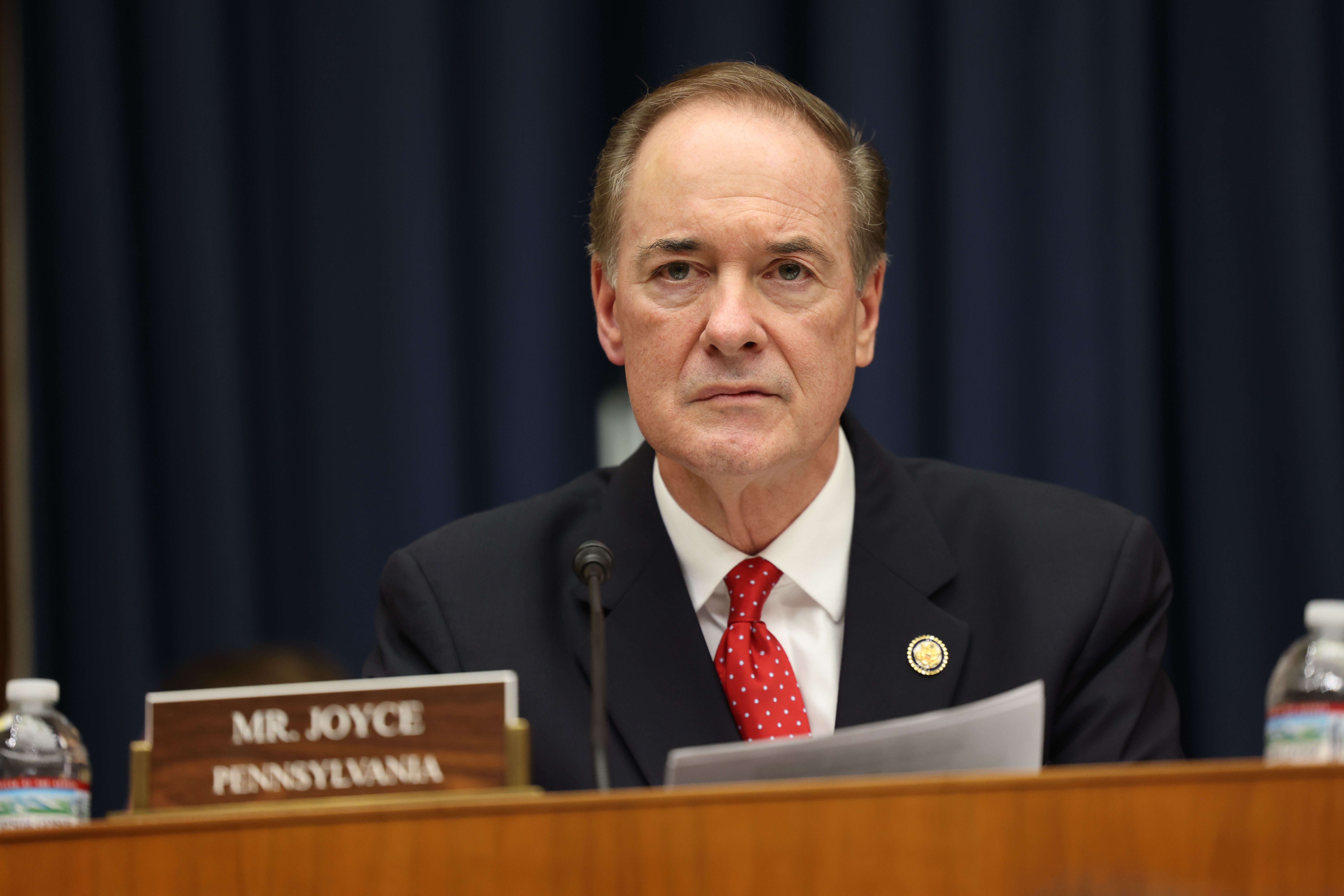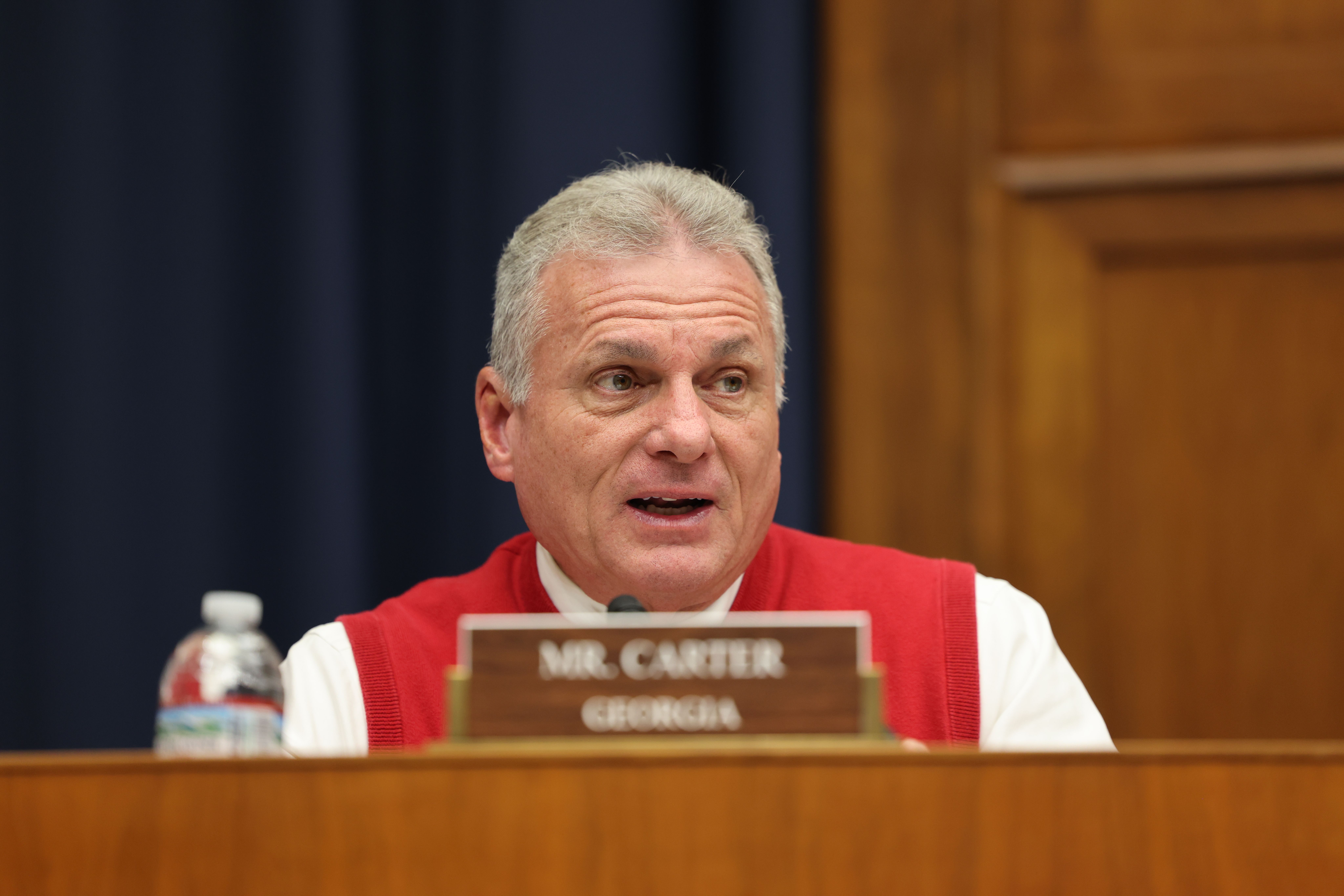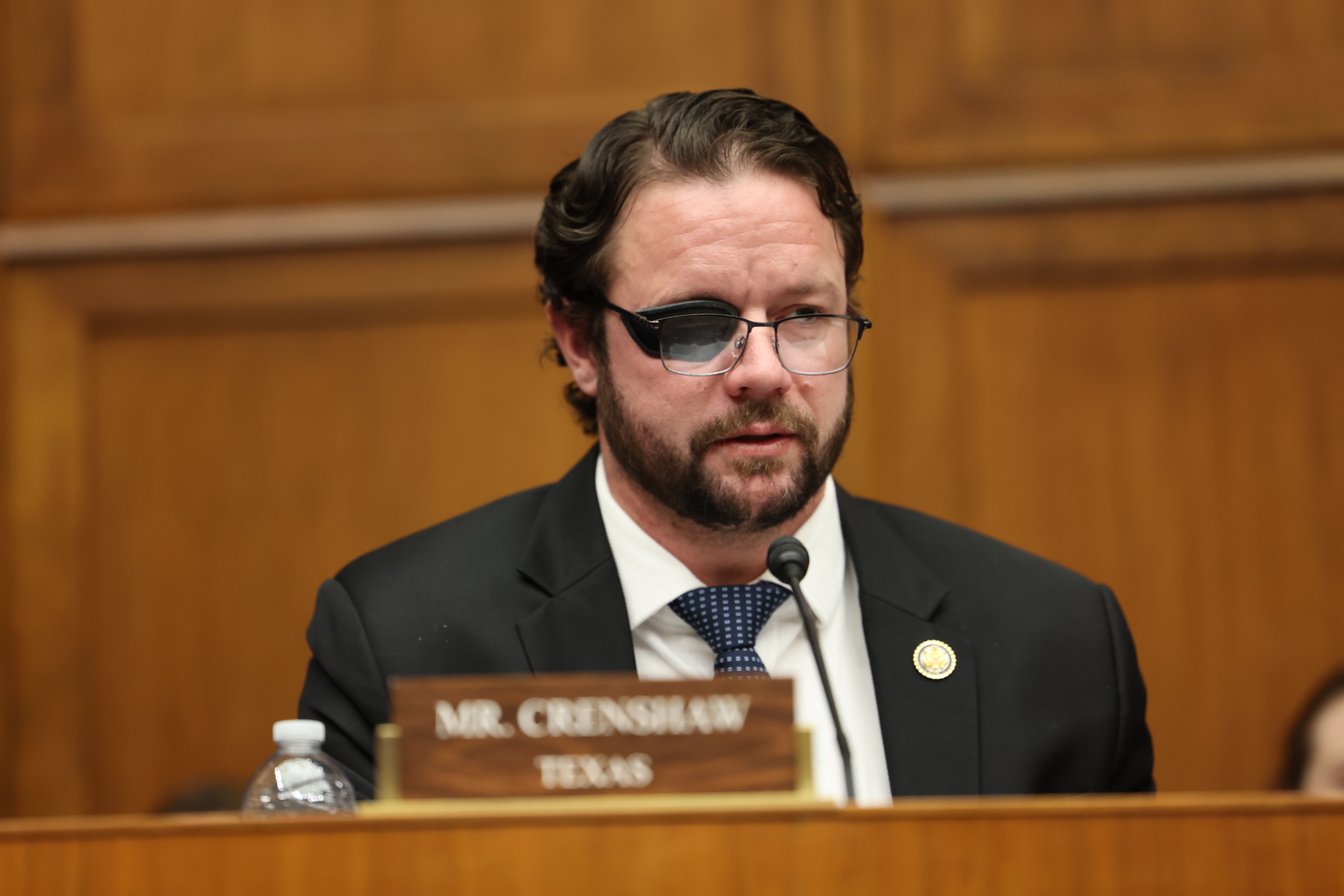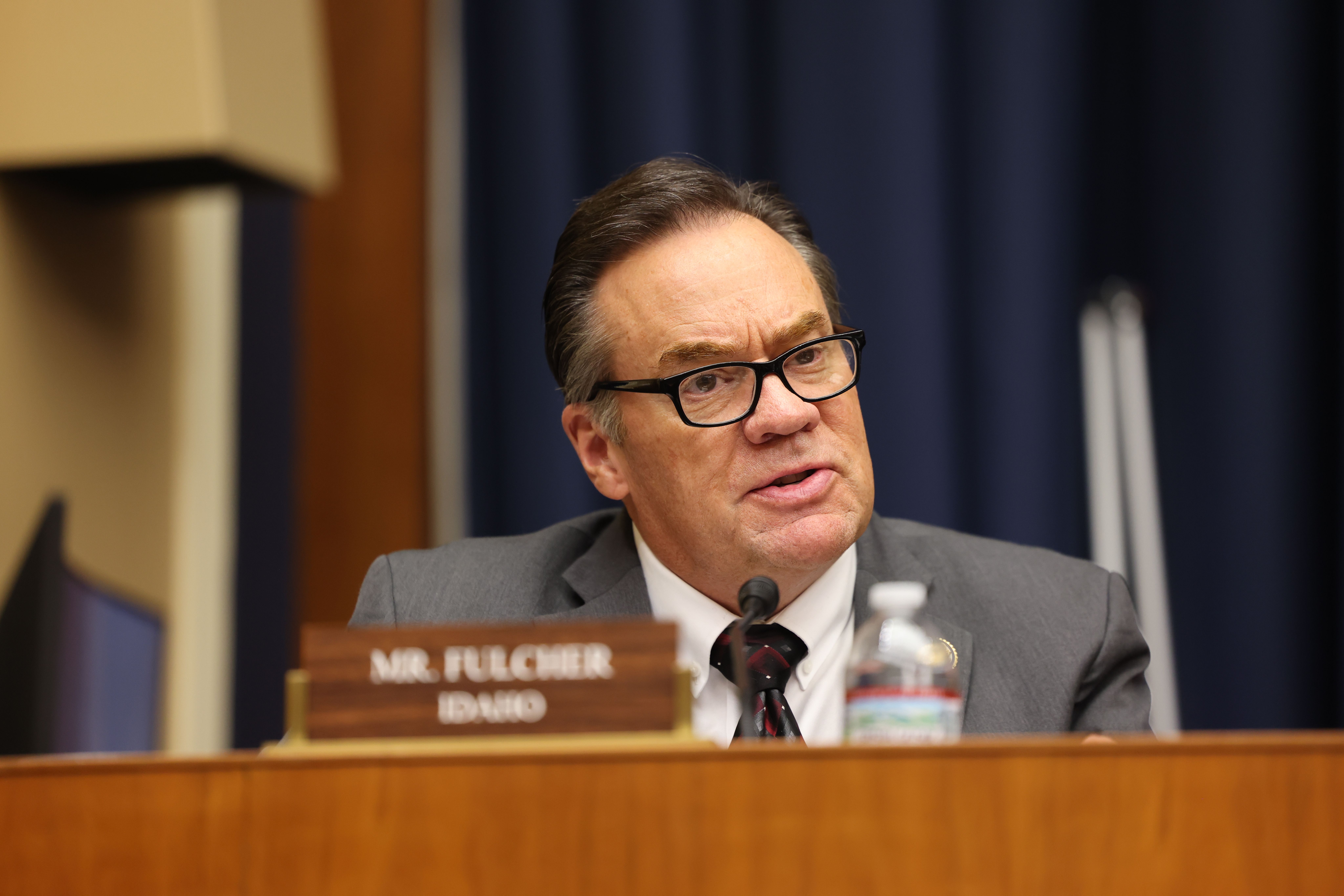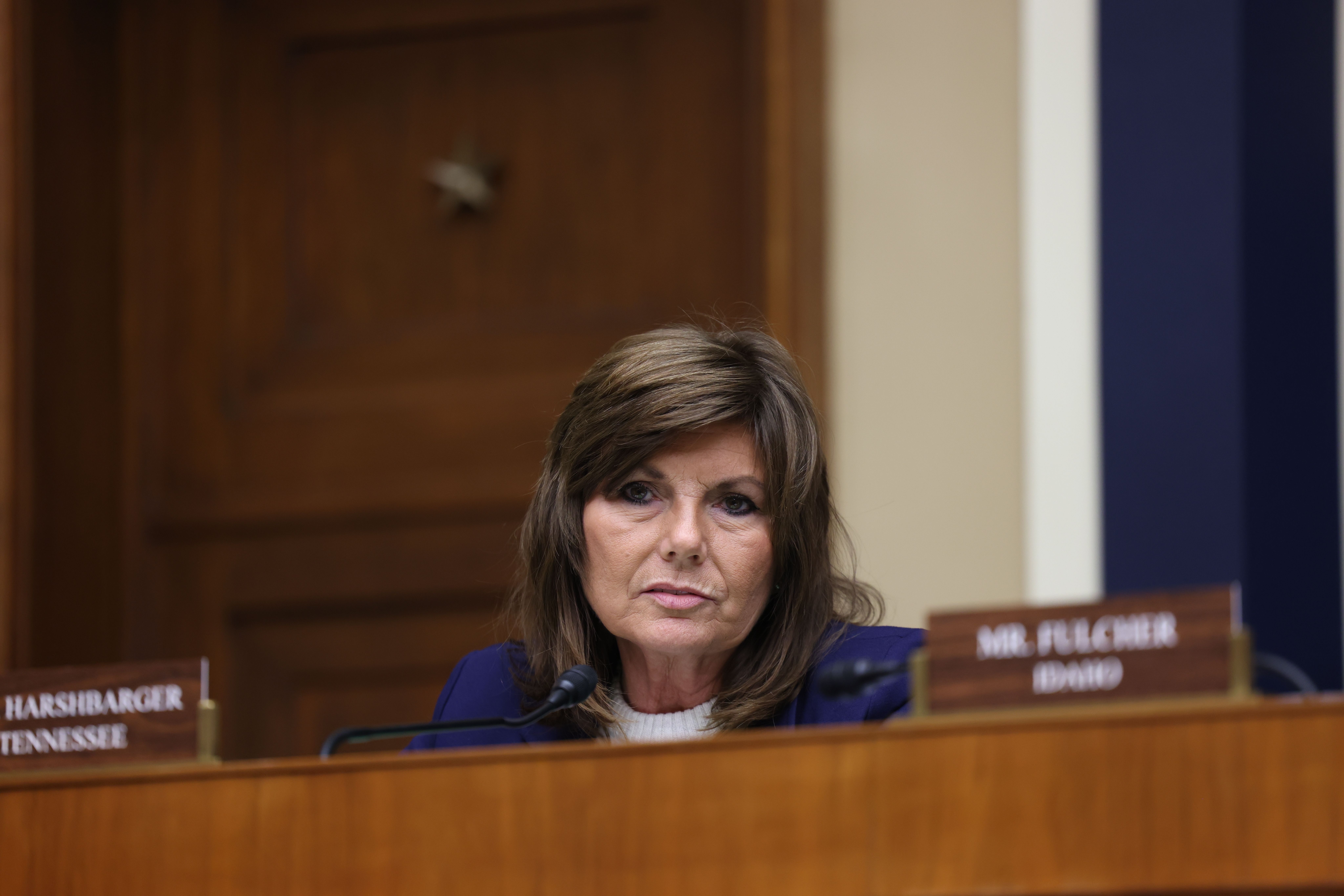Environment Subcommittee Holds Hearing on the Current Statutory and Regulatory Landscape of PFAS
WASHINGTON, D.C. – Today, Congressman Gary Palmer (AL-06), Chairman of the Subcommittee on Environment, led a hearing titled Examining the Impact of EPA’s CERCLA Designation for Two PFAS Chemistries and Potential Policy Responses to Superfund Liability Concerns.
“CERLCA was enacted in 1980 to facilitate the cleanup of the most contaminated sites around the country and to establish a scheme to hold liable for cleanup costs the parties responsible for that contamination. Superfund imposes strict, and joint and several liability on parties,” said Chairman Palmer. “In other words, a responsible party could be responsible for the entire cost to cleanup a contaminated site even if its contribution to the pollution was minimal.”
Watch the full hearing here
Below are key excerpts from today’s hearing:
Congressman John Joyce, M.D. (PA-13): “CERCLA was established to hold polluters liable for the cleanup of chemical contamination that they caused. This polluter pays liability framework is helpful in many instances where there is a need for expensive environmental cleanups, so that the party that generated or released the hazardous substance can be held responsible for the associated costs. However, the liability established by CERCLA does not stop with the polluters. Under the statute’s liability framework, any person who has had incurred costs related to the remediation of hazardous substances can file suit against not just polluters, but so-called passive receivers. These passive receivers are not involved in the initial generation or discharge of hazardous chemicals, but might receive water, soil or other materials containing such substances. Given how common the use of PFAS is, the 2024 final rule designating two PFAS chemistries as hazardous substances creates a system where many passive receivers will be drawn into costly legal proceedings for contamination that they bear little or absolutely no responsibility for having created.”
Congresswoman Mariannette Miller-Meeks (IA-01): “As the Representative from Iowa, I take seriously our responsibility to protect public health and the environment while also ensuring that federal policies are fair, clear, and feasible in Iowa. Clean water affects our farmers, our rural communities, our drinking water systems, and our local employers, as well as families. Many of the entities now worried about the circle of liability like water utilities, wastewater facilities, landfills and farmers, who responsibly apply biosolids, did not create PFAS but could still be swept up in a liability scheme that is retroactive, strict, joint, and several. Cost to passive receivers is only one piece of the problem. We should also explore options that support swift remediation and provide the liability certainty necessary for American industry to focus on solutions that allow them to continue to invest in the US, rather than endless courtroom battles. At the same time, we should be encouraging innovation and American ingenuity. Iowa agriculture is already helping lead the way with promising alternatives to PFAS, including soy-based fire suppressants made from soybean meal. These kinds of homegrown solutions can reduce reliance on legacy chemicals, create new markets for farmers, and strengthen our economy without heavy handed mandates from Washington.”
Congressman Buddy Carter (GA-01): “This is certainly an important hearing, and Mr. Chairman, I applaud you and thank you for holding it. […] We've established the fact that PFAS are used in a number of different areas and a number of different things, and consumer products and industrial purposes. And oftentimes they're used in life saving devices, electronics and firefighting foams. I'm going to touch on that in just a second, but while they're essential for everyday life and many life saving devices, its very complex nature makes the cleanup and the disposal difficult. So, I want to talk about the practicality of how we deal with this. I'm not denying we need to deal with it, I just want to talk about the practicality.”
